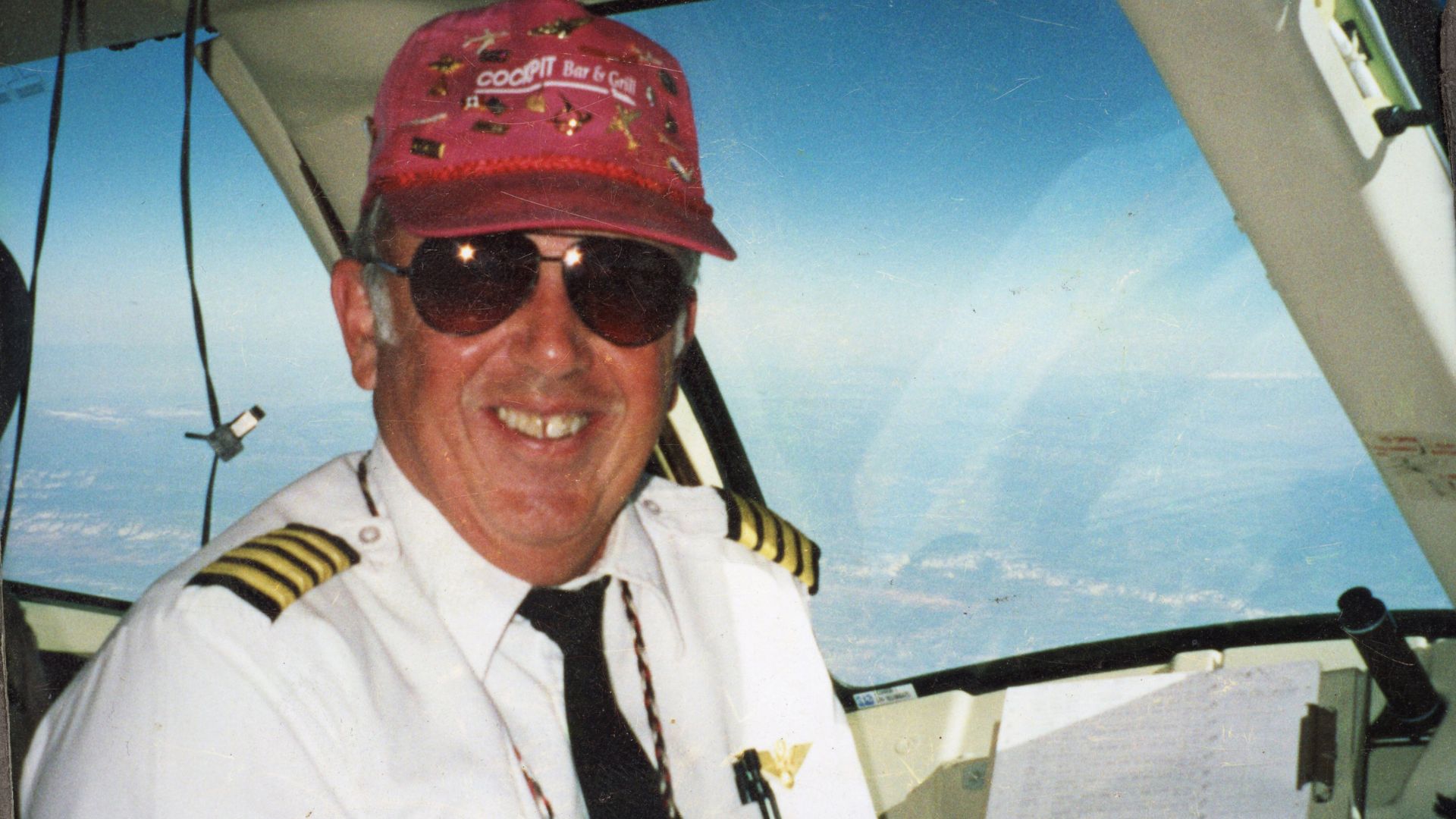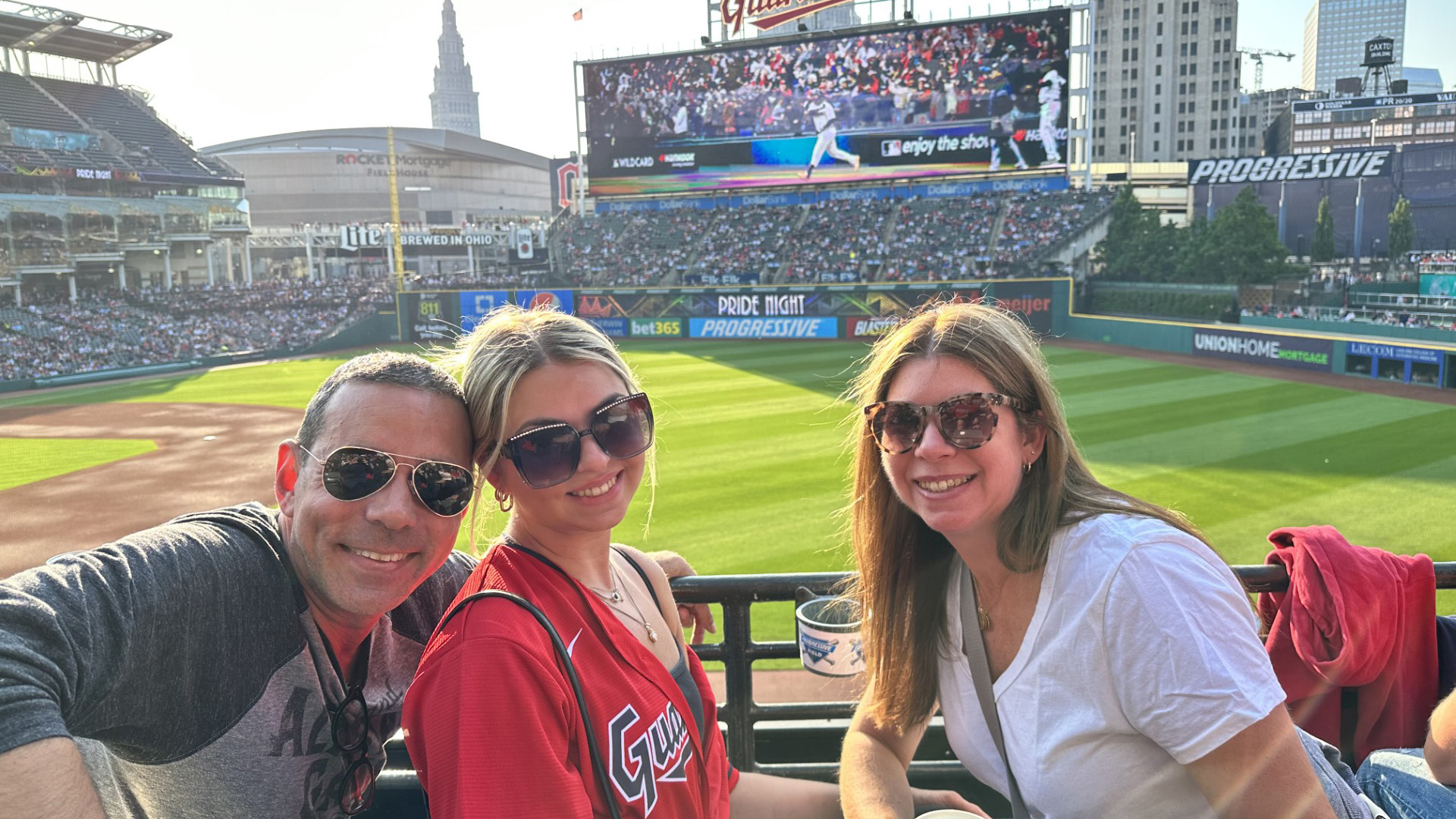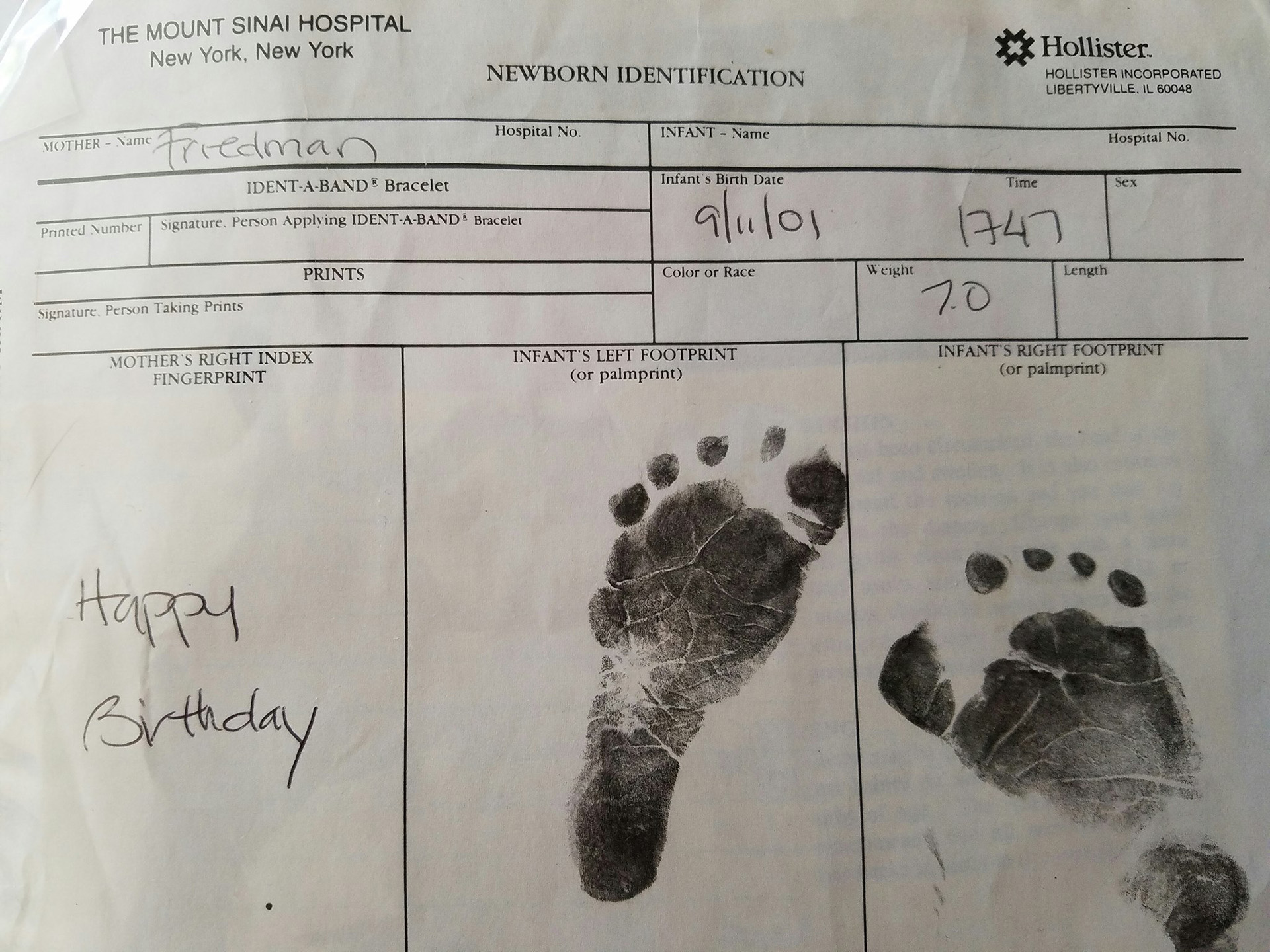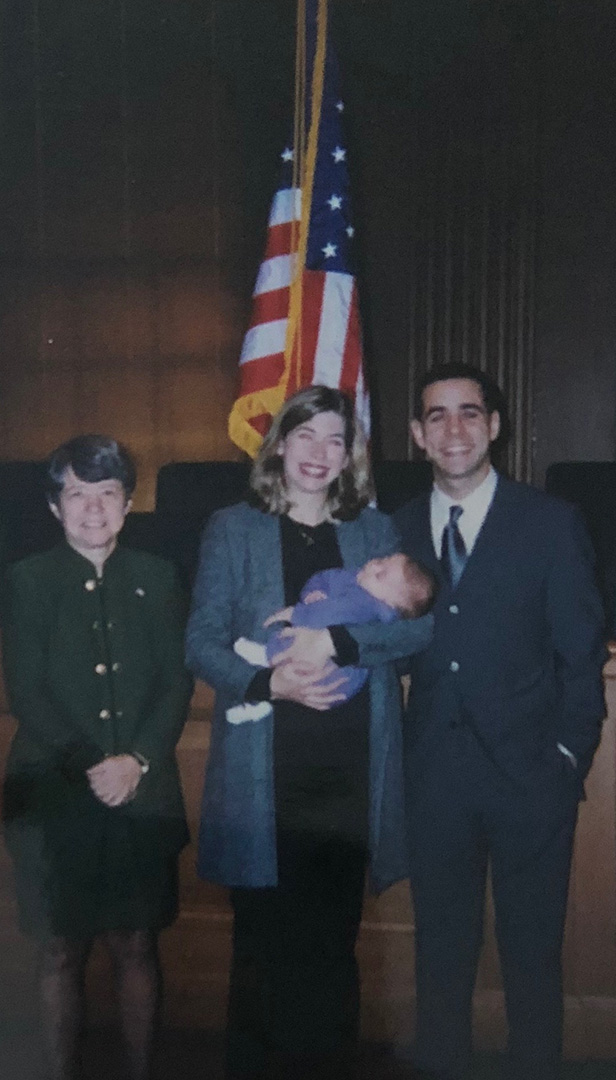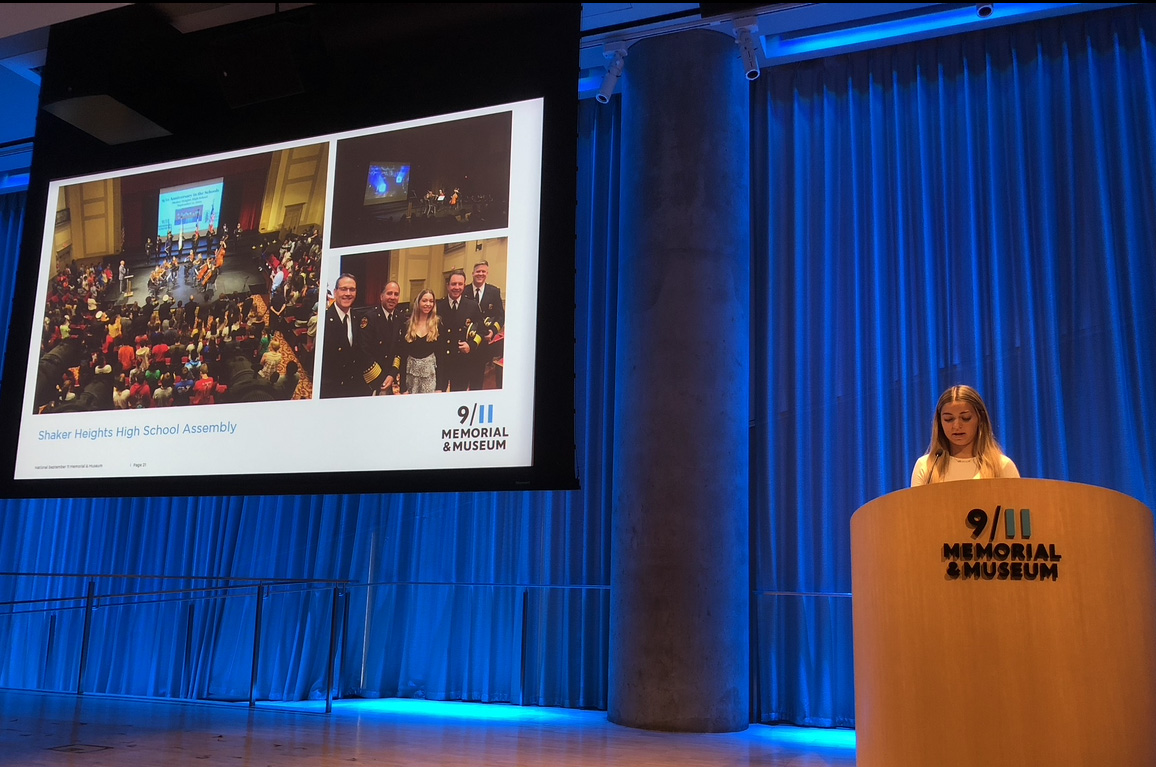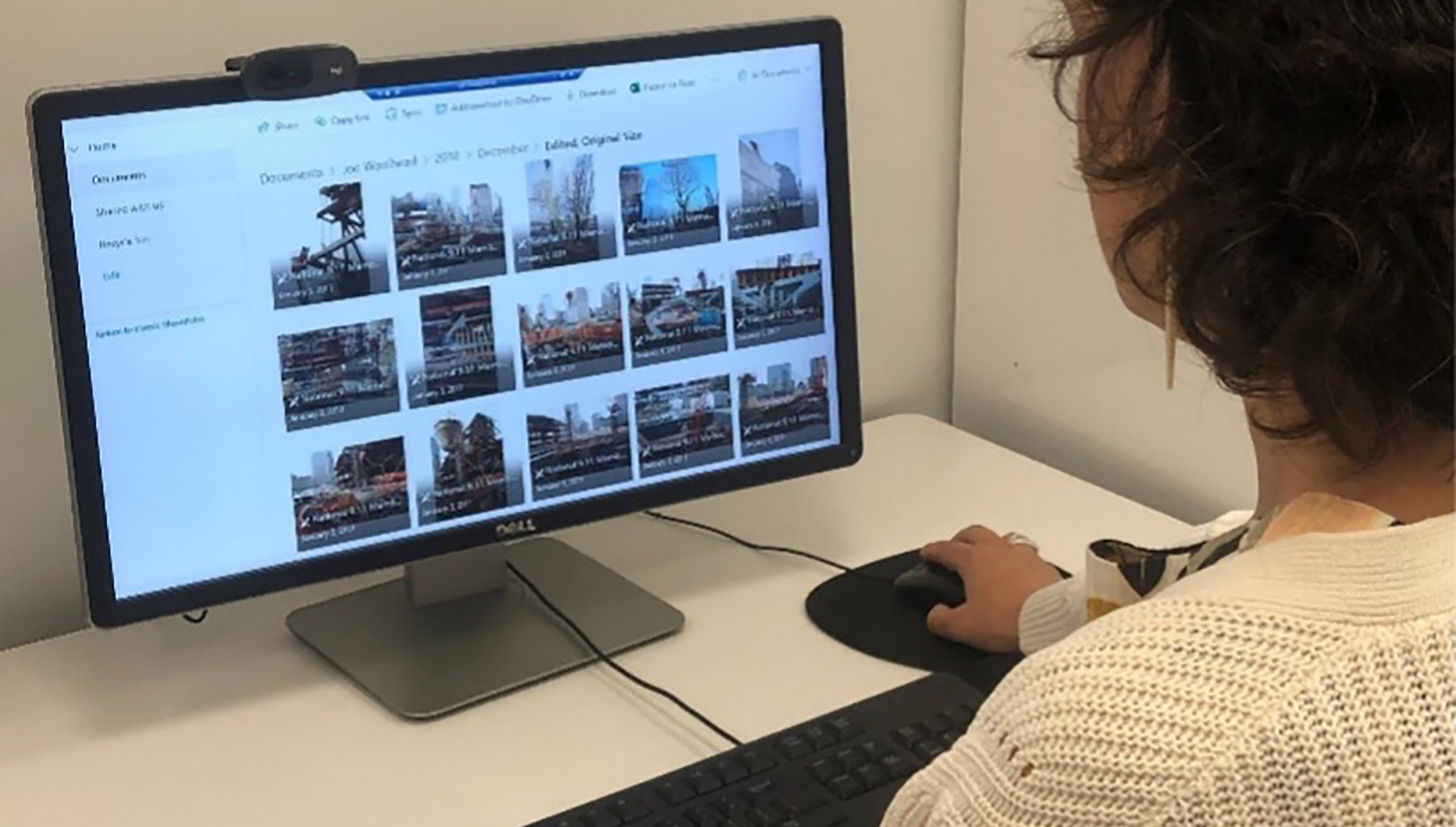Like all college seniors, I am balancing competing emotions as I move through what feels like the last year of growing up. I am glad to have this year to spend with friends here at Ohio State and to root for the Buckeyes on Saturdays in the Shoe. I am sad that I will soon say goodbye to college, a time when I learned how to live on my own, and where I witnessed the world emerging anew after the oppression and loneliness of COVID-19. And I look ahead to my life and my future with a combination of optimism and dread.
I feel hopeful because I believe that we seniors, the class of 2024, are ready to do things in the world that will make it better; that, in a unique way, we can help to make the world a more fair, and more safe, and more kind place because of the backdrop of our birth stories and our coming of age. We came into the world at a time of pain and fear around September 11, 2001, and we became adults during a global pandemic. Some members of our class tragically lost family members or even a parent on 9/11, pain and loss that most of us cannot begin to understand. Eighteen years later, as high school seniors, people were dying all around us, and rites of passage like prom and graduation and freshman orientation were canceled or conducted online. Like the Twin Towers themselves, dual tragedies bookended our childhood. And yet, as a group, we found hope in so many things: how celebrities like Jon Stewart used their platform to fight for 9/11 victims’ legislation, and how scientists worked so speedily on vaccines to end the COVID-19 pandemic. And, during this time and through our pain, we also found ways to experience joy: concerts and football games and travel and so many of the things that make college great. We know, in a unique way, what it means to fight for hope and joy, and to never give up that fight even when it feels like the end of the world.
